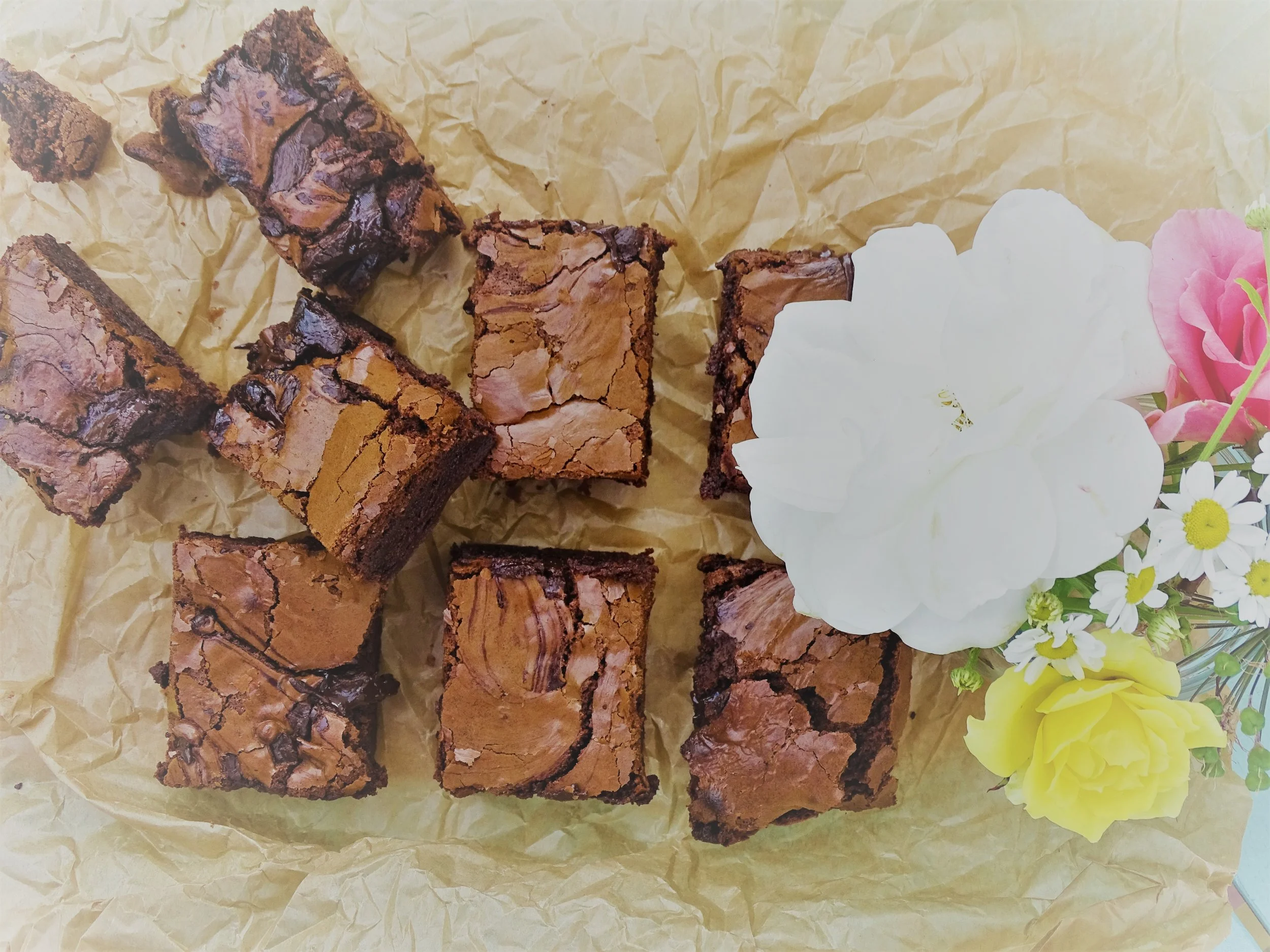You can boil, bake and fry your way around a kitchen standing on your head, blindfolded with your hands tied behind your back. Your menus are inventive and fresh, and there are no tough joints, soggy bottoms or burnt buns on your watch. In short you are cooking on gas (or Aga, if need be). But there’s more to be being a private chef than just being a culinary whizz kid. Here, we tell you how to improve on excellent…
1. Consider your social media choices carefully.
We recommend that chefs have pages dedicated solely to their work, so that whatever they get up to in their own time remains private. It is off-putting for clients to see photographs of potential employees trollied at festivals, not to mention reams of bawdy in-jokes or sweary rants about world politics.
2. Ensure you fully understand what your travel arrangements are.
Part of your job is to be organised and responsible about your travel plans. Missing flights or connections is not a good look, and will not instil much confidence in you as a capable employee.
3. Help with children and pets.
Teach the kids how to bake cupcakes or bread and take the dog on a walk. Feed the cats/gerbils/goldfish and water the plants. This sort of ‘can do’ attitude will earn serious brownie points with the client – and it might even be fun!
4. Make the dining room look beautiful.
No point having delicious, beautiful food if it is served on an underwhelming table. No one is asking for a work of art, but at the very least, wildflowers, a couple of tea-lights and crisp napkins create a table worthy of your food.
5. Be careful with your budget.
Don’t overspend. Just don’t. Need we say more?
6. Don’t take advantage of a client’s good nature.
If they offer to let you use their pool/gym/library or invite you to have a drink with guests after dinner, by all means accept but be careful not to overstep the mark. You are there to work so any kind gestures from clients should be treated with respect and maturity.
7. Communicate.
Keep in regular contact with the clients before the job and answer their questions as quickly as possible. Don’t leave them hanging. Ever.
8. Judge the situation.
In terms of interaction, always take your lead from the client. If they are quiet, keep quiet. If they like to chat away, be willing to join in. Some clients are very chatty and could gladly talk the hind legs off a donkey, which is lovely but be sure to keep chopping, mixing and kneading as you natter – in short, don’t get too distracted.
9. Clean.
That kitchen needs to be at least as clean as it was before you arrived. Ask what happens with rubbish, ask where the mop and bucket is. Put tea towels in to wash. Tidy things without being asked. Sorry, but all of that is your job!
10. Cook the leftovers.
Use leftovers to whip up a soup and leave in the freezer for after you have gone. Thoughtful and thrifty. What’s not to love?

